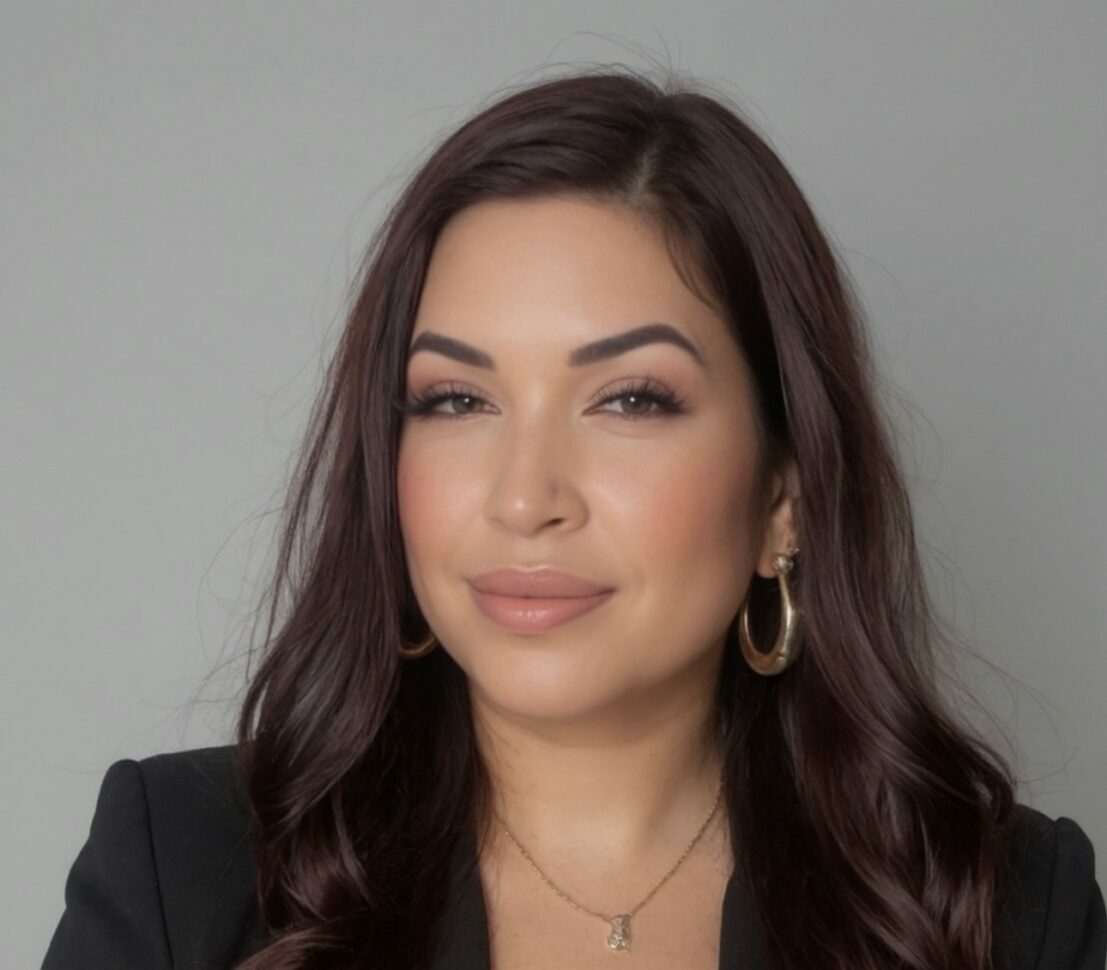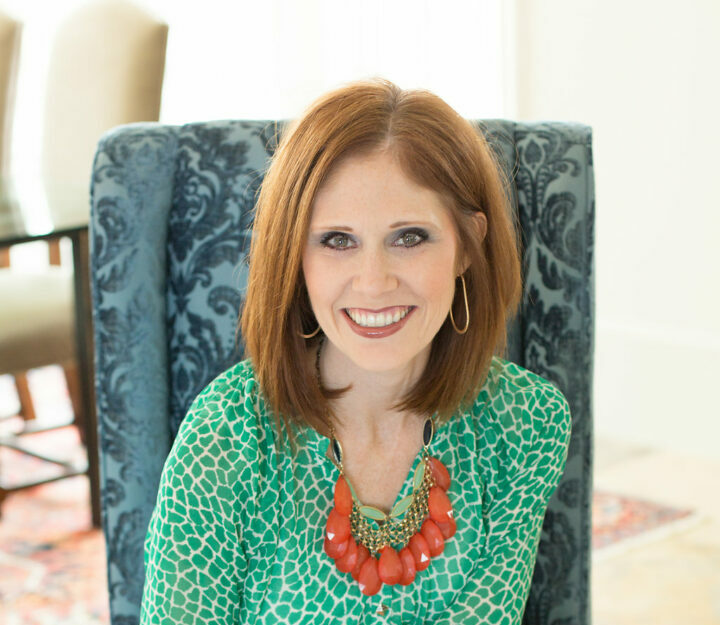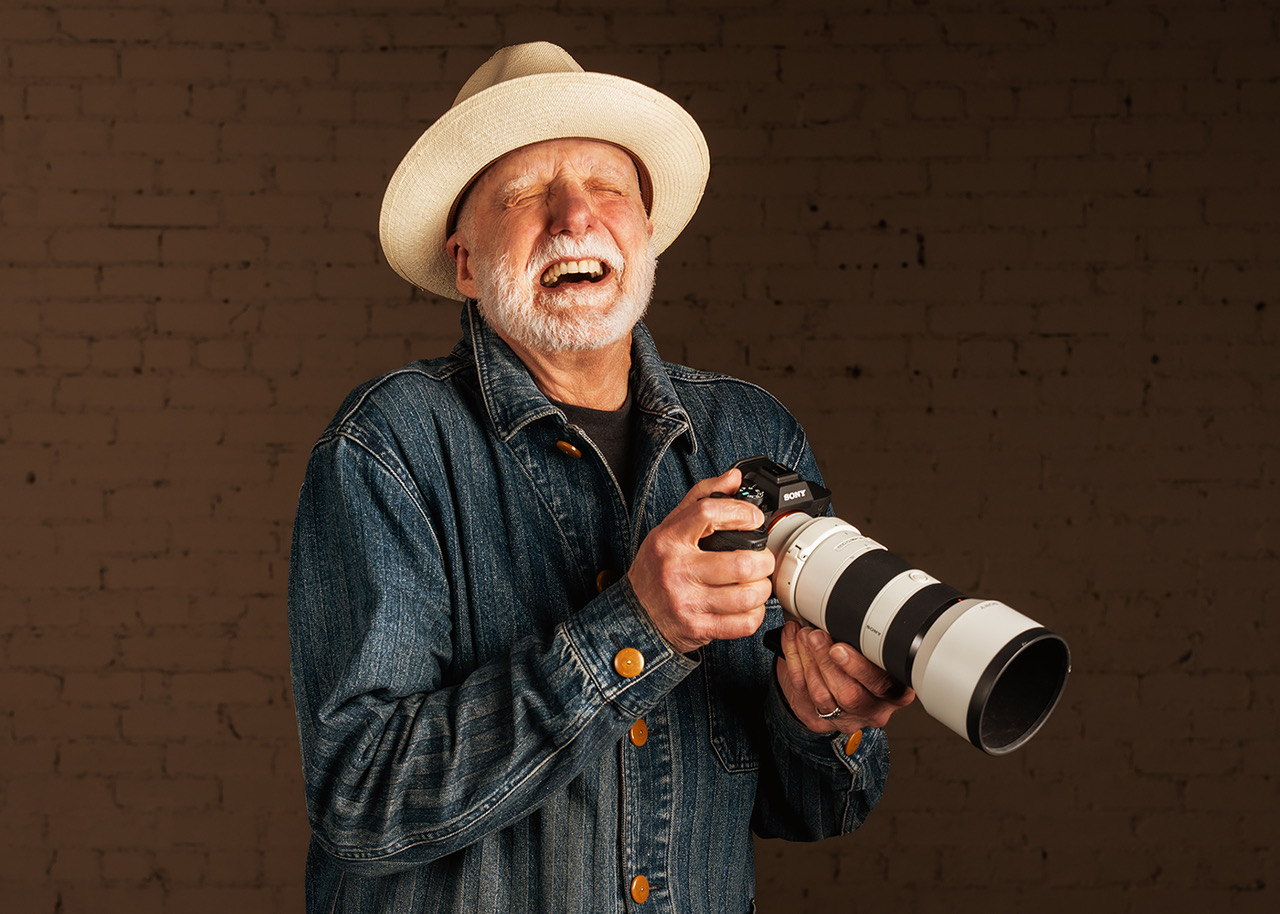We were lucky to catch up with Carla Barrow recently and have shared our conversation below.
Hi Carla , really happy you were able to join us today and we’re looking forward to sharing your story and insights with our readers. Let’s start with the heart of it all – purpose. How did you find your purpose?
I found my purpose from many years of wandering along, making sometimes gutsy choices that suited me but weren’t what others advised or saw as best for me.
I recall early on, from high school studies of Transcendentalism, Henry Thoreau’s lines that: “If a man does not keep pace with his companions, perhaps it is because he hears a different drummer. Let him step to the music which he hears, however measured or far away.”
I did a lot of that. Starting with my launch into college. I was valedictorian of my small Catholic high school and was awarded a scholarship to a liberal arts school in Georgia. A month before school started, I decided to go to Loyola University in New Orleans. It seemed rash. Financially, it made no sense. But at 17, I really didn’t have the capacity to fully mentalize the trade-off, nor was I keen on anyone changing my mind, including my parents. I never have regretted that decision. I have friends for life from that encounter. Loyola’s broad focus on liberal arts and the Jesuit influence (keeping an open mind and inquiring into truth without blind acceptance) remain in my spirit. The experience fueled a sense of adventure, took me beyond fear, showed me that I have the right to change my mind, and to trust my instincts.
Fast-forward to my graduation from law school and the unfolding of a career that spanned 27 years of work in big firms, smaller boutique firms, the United States Attorneys’ Office, my own firm, and various partnerships and of counsel work that I engaged in. I was someone who was quite social and met others easily. I seemed to hear about exciting opportunities and tended to take most that were offered because I saw something worth exploring. Others that I knew stayed longer in workplaces, but I moved along. I also tried to enrich myself between job transitions, taking time to travel or learn culture and Spanish. My value for learning led me to make a number of unreasonable requests and meet scores more people than if I had not looked within and followed the beat of my own drummer.
While I never doubted my intellectual capacities as an attorney, I had an ambivalent attitude toward litigation. I found anticipating the others’ arguments and repartee engaging, but had more than my share of negative encounters with insults, game playing and inflexibility both in the firm and courtroom environment, and with clients also. I found myself more sensitive and amicable to compromise.
I wandered 27 years through challenging and complex legal issues and client matters, surrounded by some of the best attorneys in my area. Whatever the downside, the upside provided me the room to travel and be adventurous (rock climbing, music festivals, leadership courses). I appreciated my life, but the intellectual challenge was demanding and draining. To offset that, I followed my heart, and did a good deal of pro bono work throughout my career.
I first volunteered in the Foster care system, and ended my career serving as a mentor for a Dominican teen abandoned at 15. I heard about Congressional Muhammad Yunus and microcredit in the 90s and years later found myself lobbying for the end of hunger and poverty, eventually earning a volunteer board seat for RESULTS, where he also sat on the board. I served as a board and committee member with legal organizations and that fueled my passion for service.
I found that when I volunteered, the work was greatly appreciated and the accolades were abundant. That wasn’t always the case in the more competitive environment back at the office. My passion for service is part of my tag line: Service, Integrity and Wisdom.
Having benefited from personal psychotherapy when my parents divorced (I was age 29), after a couple of breakups and bad fortune in dating, and upon realizing I was reaching the end of my limit with litigation, I decided to go back to school at age 50 and study psychology. Throughout my life, I had read great books like Codependent No More, Journey of the Soul, Drama of the Gifted Child, the Road Less Traveled. I also read Freud and Jung in college and loved the Contemplatives in the Catholic church, like Thomas Merton. I found the field of healing intriguing and believed it would warm my soul even past retirement years. I care about people, from all walks of life. I want others to experience connection and feel supported somehow in life. I am delighted to have made my way here, finally. How one finds purpose is different for everyone, but turns out for me, it’s been about marching to my beat, step by step, exploring with a spirit of adventure.
Let’s take a small detour – maybe you can share a bit about yourself before we dive back into some of the other questions we had for you?
I’m a marriage and family therapist focusing primarily on couples and professionals. I treat individuals and teens over 16 struggling with anxiety, depression, recovery from a traumatic past or relationship injuries, which can include affairs, other betrayals and mistreatment.
I call myself The Integral Therapist because I focus on integrating all of my skills and experience from the first part of life into this second career. I also integrate from what I consider to be the best of my training, development and evidence-based theories. I’ve been trained in treating trauma using Trauma Incidence Reduction, AF-EMDR and hypnosis. My trauma-informed approach is helpful in dealing with complex couple dynamics also, particularly where past abuse or betrayal gets. in the way. I am person-centered, so the more I get to know my clients, the more I can pull from my toolbox.
I’m committed to exploring what really matters in relationship so we can nurture them, repair when necessary and restore ourselves to connection and creativity. My litigation career trained me well to hear both sides of a story and know that the truth is often constructed from many factors and multiple points of view. My parents’ own divorce (and later reunion as roommates, not romantically but for financial reasons) gave me lots of exposure to the pain of divorce, the process of healing and the possibility of creating oneself and family anew.
There is so much advice out there about all the different skills and qualities folks need to develop in order to succeed in today’s highly competitive environment and often it can feel overwhelming. So, if we had to break it down to just the three that matter most, which three skills or qualities would you focus on?
Willing to take a risk – I crafted various moves throughout my legal career that expanded me in areas about which I was curious. The moves weren’t always financially motivated, but each one gave me a new perspective of life, my career and how I contributed. Not all the risks worked out so well, but that taught me how to be resilient and how to start over. That’s a gift for a lifetime. Start small if you need, and come from your values. I’m pretty sure you’ll benefit and have a great story to inspire your next important move.
Communicative – I like people. I say hello. I introduce myself and am curious about others’ and their lives. I learn from others. I acknowledge them. I keep in touch. I introduce others to each other and share my learning and opportunities with them. This keeps us healthy and has made me feel rich with community.
Participation – When I heard about an opportunity, I didn’t sit idly by. I would investigate how to participate. I would invite others to join me but be willing to go it alone, with the belief I would meet new friends along the way. Seems like every road has lead to more discovery and learning.
How can folks who want to work with you connect?
I have a dream that in retirement, I can make more integrated mental health and advocacy available for those living in rural areas or away from nearby health centers. I want to call it Pop Up Therapy, and have the idea of converting a van or other vehicle to serve as a mobile office. I suspect there are grants and organizations that already provide some essentials and I wonder how I can take my dream on the road.
I am also interested in my continued training and delivery of DBT Adult Skills Groups. DBT stands for dialectical behavioral therapy and the skills focus on mindfulness, distress tolerance, emotion regulation and interpersonal effectiveness. These are skills for life but they aren’t taught in schools (for the most part) and other facets of life, such as work and institutions, where emotional intelligence really matters.
I am also trained to lead workshops including John Gottman’s The Seven Principles of marriage for those with marital issues or seeking pre-marital training. These skills are beneficial for staff and employees of workplace organizations, for churches and ministries with members needing assistance, and for the public at large. I’ve contacted our local library and welcome other possible venues as well.
If you are a resource or interested in any of the above, please contact me at [email protected].
Contact Info:
- Website: https://carlabarrow.com/
- Instagram: https://www.instagram.com/carla.barrow.therapy/
- Linkedin: https://www.linkedin.com/in/carla-barrow-jd-lmft-249a1338/
- Youtube: https://www.youtube.com/channel/UC8stTEjJ9cHF47V_xUx5-ew










